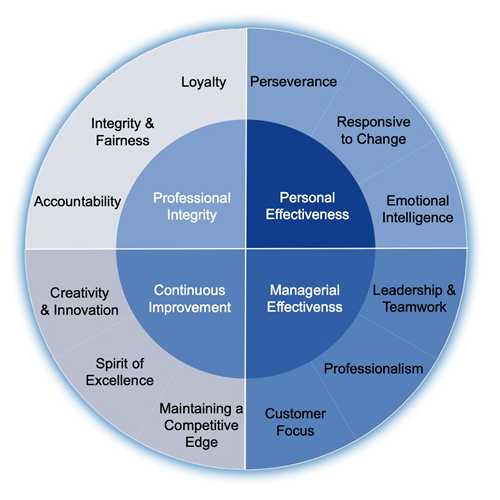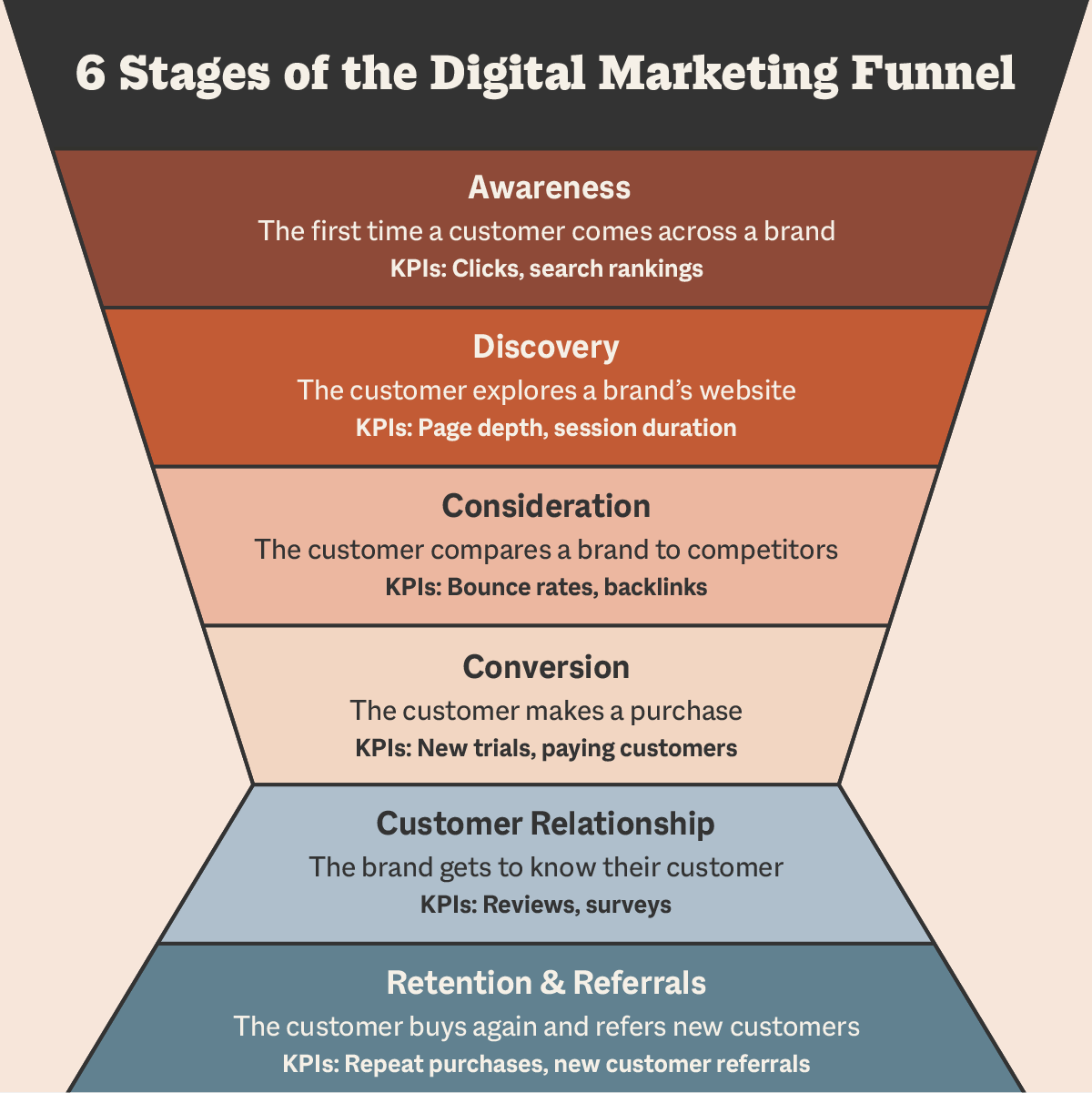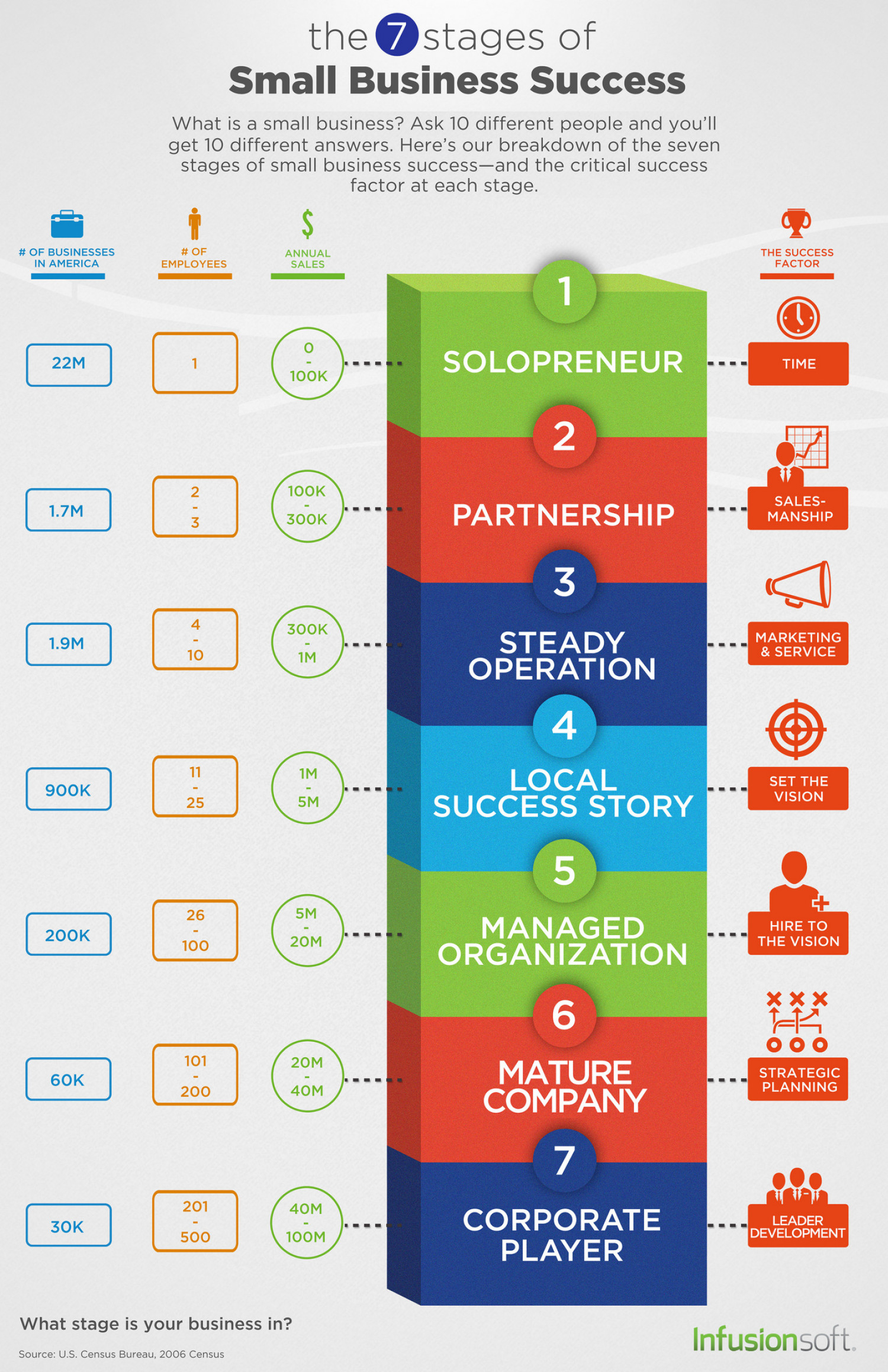Business Ethics: The Foundation of a Successful Enterprise
In today’s business landscape, success is not solely measured by financial gains. It also encompasses the way a company conducts itself ethically. Business ethics refers to the moral principles and values that guide the behavior of an organization and its employees. Embracing strong ethical standards is not only the right thing to do, but it is also vital for building a successful enterprise that can thrive in the long run. In this blog post, we will explore the importance of business ethics and how it can contribute to the success of a company.
1. Enhancing Reputation and Trustworthiness:
Maintaining a solid reputation is crucial for any business. Ethical conduct builds trust among stakeholders, including customers, employees, investors, and the wider public. When a company consistently upholds ethical standards, it establishes itself as a trustworthy brand. This fosters positive relationships with customers, leading to increased loyalty and repeat business.
2. Attracting and Retaining Talent:
Employees are the backbone of any organization. A company with strong ethical values creates an environment that attracts top talent. People want to work for organizations that align with their personal values and principles. Moreover, ethical businesses tend to prioritize employee well-being, fair treatment, and personal growth, leading to higher employee satisfaction and retention.
3. Gaining a Competitive Edge:
In an increasingly socially conscious world, customers are more likely to support businesses that demonstrate a genuine commitment to ethical behavior. By embracing business ethics, companies gain a competitive advantage over those that neglect ethical considerations. Ethical practices can differentiate a brand, attracting socially conscious consumers and setting the company apart from competitors.
4. Mitigating Legal and Financial Risks:
Adhering to ethical standards helps businesses avoid legal troubles and financial risks. Engaging in unethical practices, such as fraud, corruption, or false advertising, can result in severe legal consequences and damage a company’s finances and reputation. By prioritizing business ethics, organizations mitigate these risks and create a more stable and sustainable business environment.
5. Fostering Long-Term Success:
Ethical behavior encourages long-term success by promoting responsible actions that consider both current and future implications. Companies that focus solely on short-term gains without considering ethical implications often face negative consequences in the long run. On the other hand, ethical businesses build trust, maintain strong relationships with stakeholders, and are better equipped to weather storms and adapt to changing market conditions.
Implementing strong business ethics requires a comprehensive approach that encompasses all aspects of an organization’s operations. It should start with an ethical code of conduct that outlines the expected behaviors and values for employees. Ethical considerations should be integrated into decision-making processes and reflected in company policies and strategies. Additionally, fostering a culture of transparency, accountability, and continuous improvement is essential for upholding ethical standards.
To conclude, business ethics is not just a moral obligation; it is the foundation of a successful enterprise. By upholding ethical standards, companies can enhance their reputation, attract top talent, gain a competitive advantage, mitigate risks, and foster long-term success. A business that operates with integrity and respect for all stakeholders paves the way for a sustainable and prosperous future. Embracing business ethics is not just an option; it is an essential pillar that underpins the growth and success of any organization.











